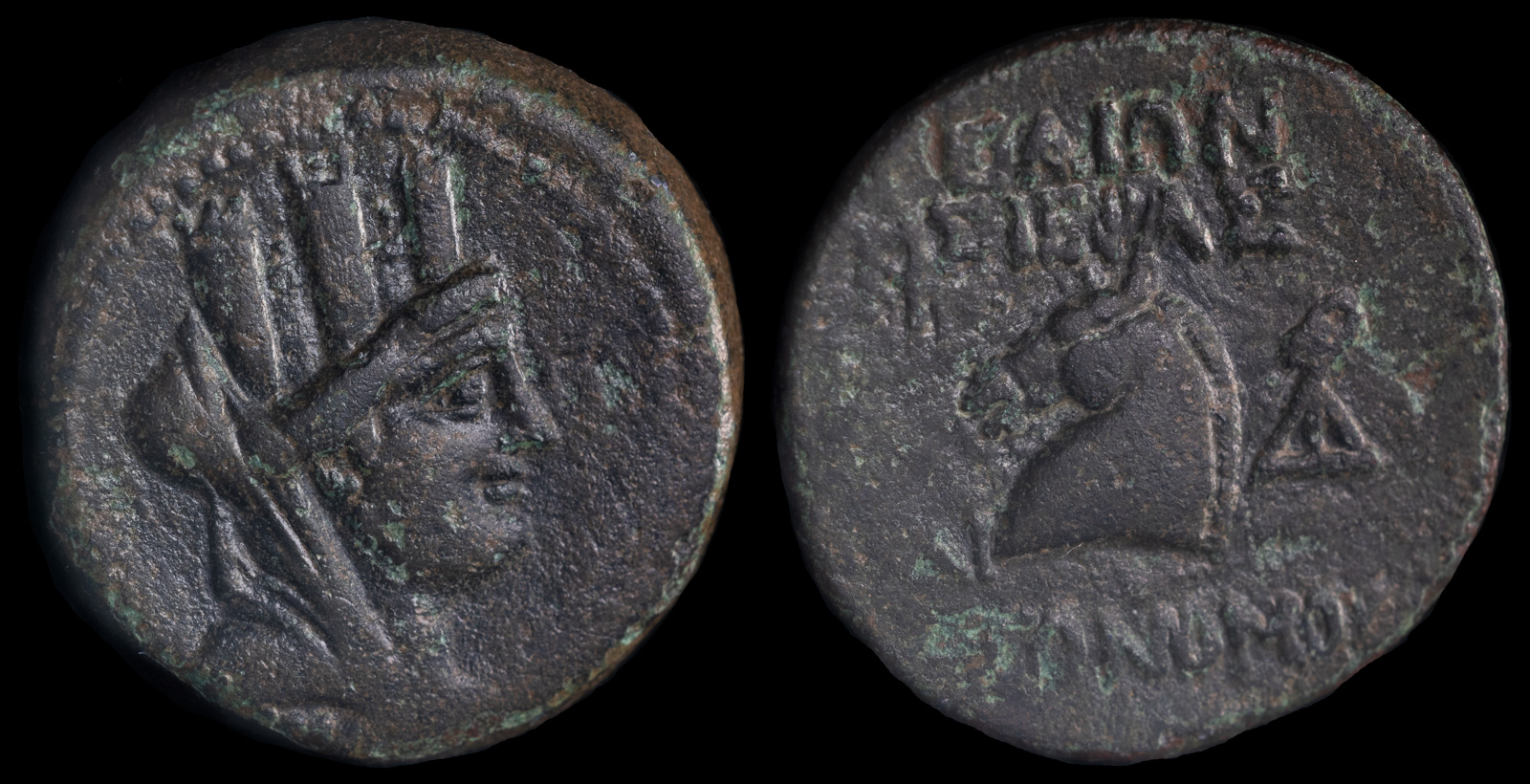Tyche
View All Tags
Tyche was often shown as a seated figure, holding symbols of her power such as a cornucopia, which symbolized abundance and prosperity, and a rudder, representing the guidance she could offer to a city or community. Her most common attribute was the horn of plenty, which she used to bestow wealth and good fortune. She was also sometimes depicted with a wheel, symbolizing the fickleness of fate, as the wheel could turn in any direction, bringing either fortune or misfortune. This image of a wheel has become a classic symbol of Tyche and represents the randomness of her influence.
In many ways, Tyche was seen as a personification of chance, one who governed the unpredictable aspects of life that were outside human control. In times of prosperity or defeat, people would turn to her for comfort or celebration, as she was seen as a capricious yet influential force in the lives of both individuals and entire civilizations. She was particularly worshipped in Hellenistic cities, where she was regarded as the protector of the city’s fortune, particularly in times of war or crisis.
Her cult flourished particularly during the Hellenistic period, when cities like Alexandria, Antioch, and Delphi dedicated altars and statues to her. Tyche was also linked with the idea of hope and the randomness of existence. Her depiction as a goddess with both nurturing and destructive aspects helped convey the ancient Greeks’ view that fortune, much like fate itself, could be capricious and beyond human control. Tyche’s influence persisted in the Roman world, where she was assimilated into the Roman pantheon, and later became associated with Fortuna, the Roman goddess of luck.
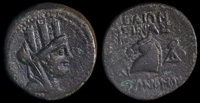
Aigai, Cilicia 164-27 BCE
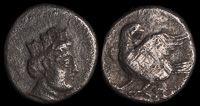
Alexandria Eschate 285-280 BCE
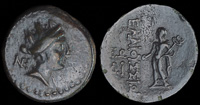
Elaiussa Sebaste, Cilicia 1st century BCE

Ephesos, Ionia 375-325 BCE
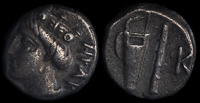
Klearchos 364-352 BCE
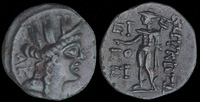
Korykos, Cilicia 1st century BCE

Kotiaion, Phrygia 244-249 CE
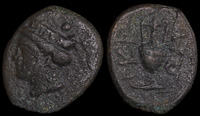
Kromna, Paphlagonia 330-300 BCE
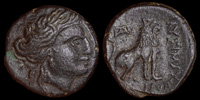
Lysimachia, Thrace 309-220 BCE
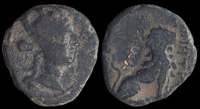
Pessinos, Galatia ca 20 BCE
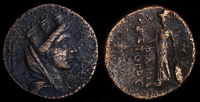
Philopator 20 BCE – 17 CE
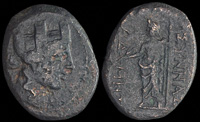
Synnada, Phrygia 2nd-1st centuries BCE

Tigranes II 70-66 BCE
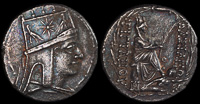
Tigranes II 80-68 BCE
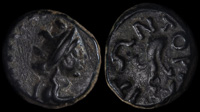
Toriaion, Lycia 3rd-2nd century BCE
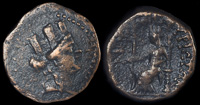
Zephyrion, Cilicia 100-0 BCE
